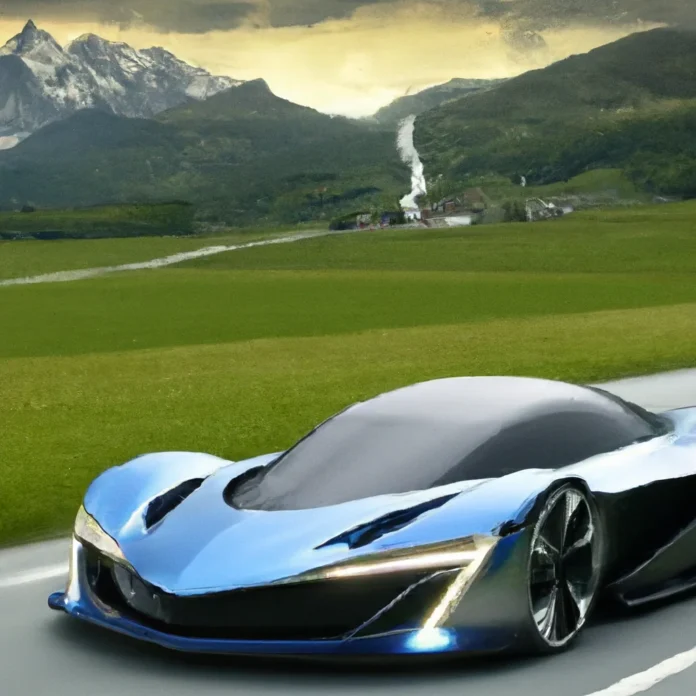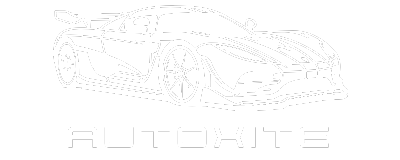Introduction to the Fastest Cars of 2025
As we look ahead to 2025, the automotive industry is poised for significant advancements, particularly in the realm of performance vehicles. The title of the world’s fastest car is highly coveted, with manufacturers pushing the boundaries of engineering and design to achieve unprecedented speeds. In this article, we will explore the contenders for the title of the fastest car in 2025, examining their specifications, technological innovations, and the factors that contribute to their remarkable performance.
Criteria for Measuring Speed
Determining the world’s fastest car involves several critical criteria. These include top speed, acceleration, and the conditions under which the speed is achieved. Additionally, we must consider the vehicle’s design, weight, and powertrain. Each of these elements plays a vital role in a car’s overall performance.
Top Speed vs. Acceleration
Top speed refers to the maximum velocity a vehicle can reach under optimal conditions. On the other hand, acceleration measures how quickly a car can reach a certain speed from a standstill. While both metrics are important, they represent different aspects of performance. A car with a high top speed may not necessarily excel in acceleration, and vice versa.
Notable Contenders for the Fastest Car of 2025
1. Bugatti Chiron Super Sport 300+
The Bugatti Chiron Super Sport 300+ has been a prominent player in the race for speed. This vehicle achieved a record-breaking speed of 304 mph in 2019, and its successor is expected to push the limits even further. Powered by an 8.0-liter quad-turbocharged W16 engine, the Chiron Super Sport 300+ produces an astounding 1,577 horsepower.
2. SSC Tuatara
The SSC Tuatara has made headlines with its ambitious performance goals. With a claimed top speed of over 300 mph, this American hypercar features a 5.9-liter twin-turbo V8 engine, producing 1,750 horsepower. The Tuatara is designed for aerodynamics, with a sleek profile that enhances its speed capabilities.
3. Koenigsegg Jesko Absolut
Koenigsegg is renowned for its engineering prowess, and the Jesko Absolut is a testament to that legacy. This hypercar aims for a target top speed of over 300 mph, powered by a 5.0-liter twin-turbo V8 engine that delivers a remarkable 1,600 horsepower. Its lightweight construction and advanced aerodynamics are key to its performance objectives.
4. Rimac Nevera
In the electric vehicle segment, the Rimac Nevera stands out as a formidable contender. With a top speed of 258 mph and an impressive acceleration from 0 to 60 mph in just 1.85 seconds, the Nevera showcases the potential of electric powertrains. Its four electric motors provide a combined output of 1,914 horsepower, making it one of the most powerful production cars available.
Technological Innovations Driving Performance
The pursuit of the fastest car involves not only raw power but also sophisticated technology. Manufacturers are investing heavily in innovations that enhance speed, handling, and safety.
Advanced Aerodynamics
Aerodynamics plays a crucial role in a car’s performance. The design of a vehicle can significantly impact its drag coefficient, which affects top speed and fuel efficiency. Many leading manufacturers employ computational fluid dynamics (CFD) simulations to optimize their vehicle shapes for reduced air resistance.
Lightweight Materials
Reducing a car’s weight is essential for improving speed and handling. Manufacturers are increasingly utilizing lightweight materials such as carbon fiber and aluminum to construct vehicle bodies and components. This approach results in better acceleration and cornering capabilities.
Powertrain Advancements
The powertrain is the heart of any high-performance vehicle. The integration of hybrid technologies and advanced turbocharging systems has allowed manufacturers to extract more power from smaller engines while improving efficiency. Electric motors are also becoming more prevalent, providing instant torque and enhancing overall performance.
The Importance of Safety and Stability
As speeds increase, so do the risks associated with high-performance driving. The fastest cars of 2025 will not only prioritize speed but also incorporate advanced safety features to protect drivers and passengers.
Active Safety Systems
Modern hypercars are equipped with a range of active safety systems designed to enhance stability and control at high speeds. These include adaptive cruise control, lane-keeping assist, and advanced traction and stability control systems.
Braking Technology
High-performance braking systems are crucial for safely managing the immense speeds that these vehicles can achieve. Carbon-ceramic brakes are commonly used in hypercars, offering superior stopping power and heat resistance compared to traditional braking systems.
Environmental Considerations
As the automotive industry evolves, there is an increasing focus on sustainability. Manufacturers are seeking to create high-performance vehicles that are also environmentally friendly.
Electric and Hybrid Models
The rise of electric and hybrid hypercars reflects a shift towards more sustainable performance vehicles. These cars not only reduce carbon emissions but also offer impressive performance metrics, proving that speed and sustainability can coexist.
Future Predictions for the Fastest Cars
The future of high-performance cars is undoubtedly exciting. As we approach 2025, we anticipate further advancements in technology, design, and environmental impact.
Emerging Technologies
As battery technology continues to improve, we expect electric vehicles to play a more significant role in the quest for speed. Innovations in battery density and charging speed will make electric hypercars not just viable but dominant in the performance market.
Regulatory Changes
Changes in regulations surrounding emissions and vehicle safety may impact the development of future hypercars. Manufacturers will need to adapt to these regulations while still pushing the boundaries of performance.
Conclusion
As we look forward to 2025, the competition for the title of the world’s fastest car intensifies. With remarkable contenders like the Bugatti Chiron Super Sport 300+, SSC Tuatara, Koenigsegg Jesko Absolut, and Rimac Nevera, the landscape of high-performance automobiles is more thrilling than ever. We anticipate that technological advancements will continue to redefine speed and performance while addressing safety and environmental concerns. For more insights and updates on the latest in automotive technology, visit Autoxite.


